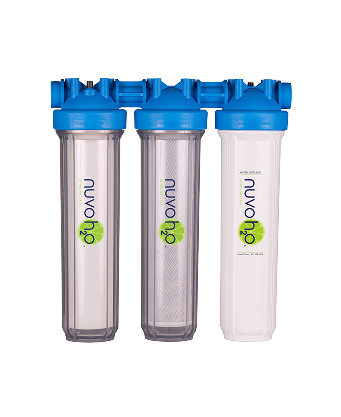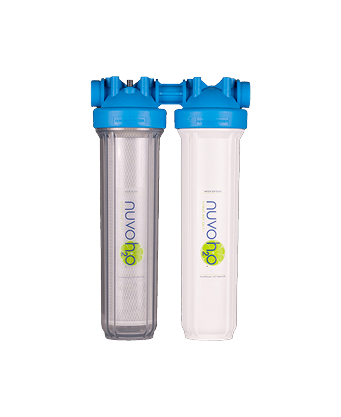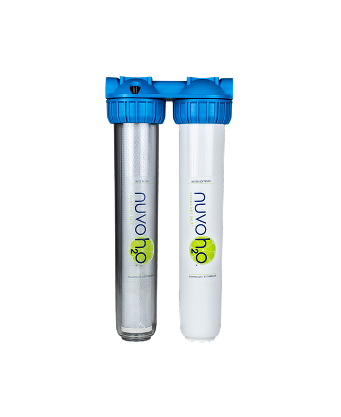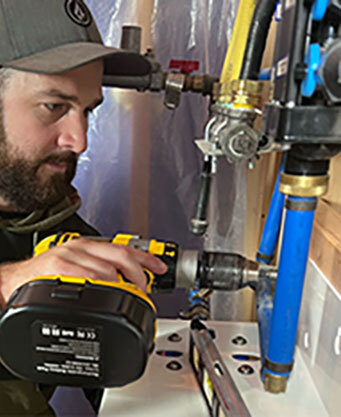
How to Spot Signs of Hard Water Damage in Your Home
24th Jun 2025
If your faucets are starting to look crusty or your freshly washed dishes never look quite clean, hard water could be to blame. It’s one of those problems you don’t always see right away, but over time, the damage adds up.
In this guide, we’ll show you how to know if you have hard water, the most common signs of hard water in your home, and what you can do about it before it costs you in appliance repairs, higher energy bills, or frustrating cleanup.
What Is Hard Water?
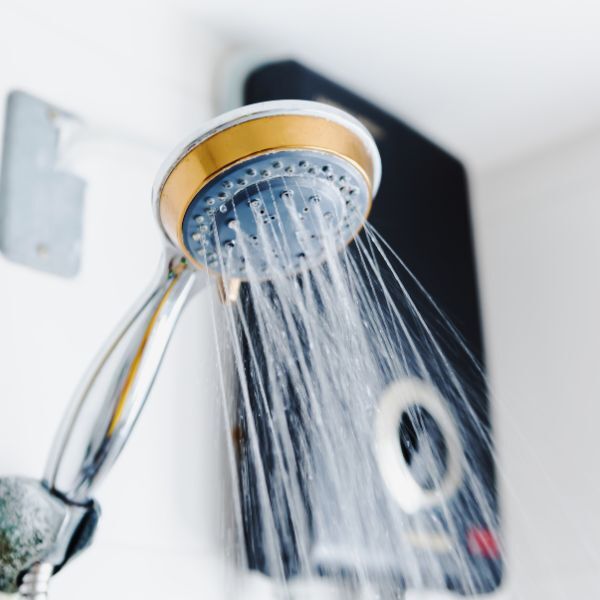
Hard water is water that’s high in dissolved minerals, mainly calcium and magnesium. These minerals aren’t harmful to drink, but they can do a number on your home’s plumbing, water-using appliances, and even your skin.
If you’re wondering how to know if you have hard water, you’re not alone. Millions of households in the U.S. live with these issues every day, and many don’t realize the devastating effects of hard water buildup until the signs become too obvious to ignore.
8 Signs You Have Hard Water in Your Home
So, how do you know if you have hard water? Here are 8 of the most common signs:
1. White, Chalky Buildup on Faucets and Fixtures
What does hard water buildup look like? Well, one of the first signs of hard water in a shower, sink, or toilet is the crusty white or off-white residue left behind. This buildup—called scale—is a sure sign of mineral deposits drying on surfaces.
Over time, it’s more than cosmetic. Scale buildup can clog aerators, reduce water flow, and corrode plumbing from the inside out.
2. Spotty or Cloudy Dishes After Washing
Notice dull, streaky dishes straight out of the dishwasher? That’s hard water in action. The minerals prevent detergent from dissolving properly, and once the rinse cycle finishes, those minerals are left behind in the form of hard water spots.
3. Dry, Itchy Skin or Hair
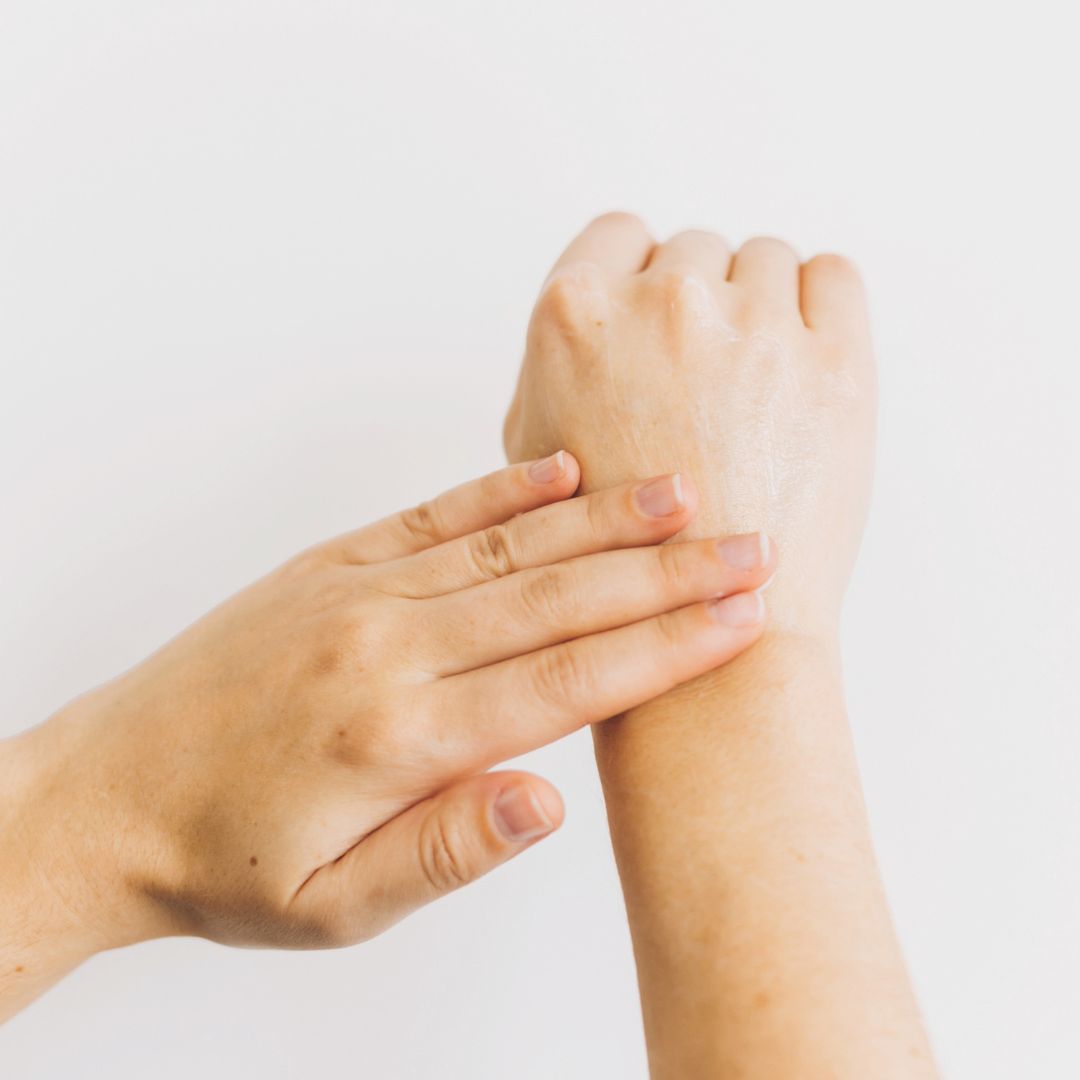
Hard water doesn’t rinse clean like soft water does. The minerals can leave behind a film that dries your skin and weighs down your hair. If your soap won’t lather well or your skin feels tight or itchy after showering, those are common symptoms of hard water exposure.
4. Stiff, Faded, or Scratchy Laundry
Hard water doesn't play well with laundry detergent. It reduces effectiveness, causes a buildup in fabrics, and fades colors over time. If your towels feel rough even after washing—or your favorite shirt looks a little more “vintage” than it should—you may have hard water problems in your washing machine.
5. Reduced Water Pressure
Mineral buildup doesn’t just show up on the outside of fixtures. If you’re wondering, “Can hard water damage pipes?” the answer is a resounding yes.
It collects inside, narrowing the passageways and restricting flow. If you’re noticing a slow trickle where there used to be strong water pressure, hard water could be choking your pipes.
6. Shorter Appliance Lifespan
Hard water creates scale buildup inside your water heater, dishwasher, washing machine, and refrigerator lines. That buildup forces the system to work harder and can lead to premature failure.
Hard water damage means more repairs and replacements than you’d otherwise expect.
7. Rust-Colored Water or Staining
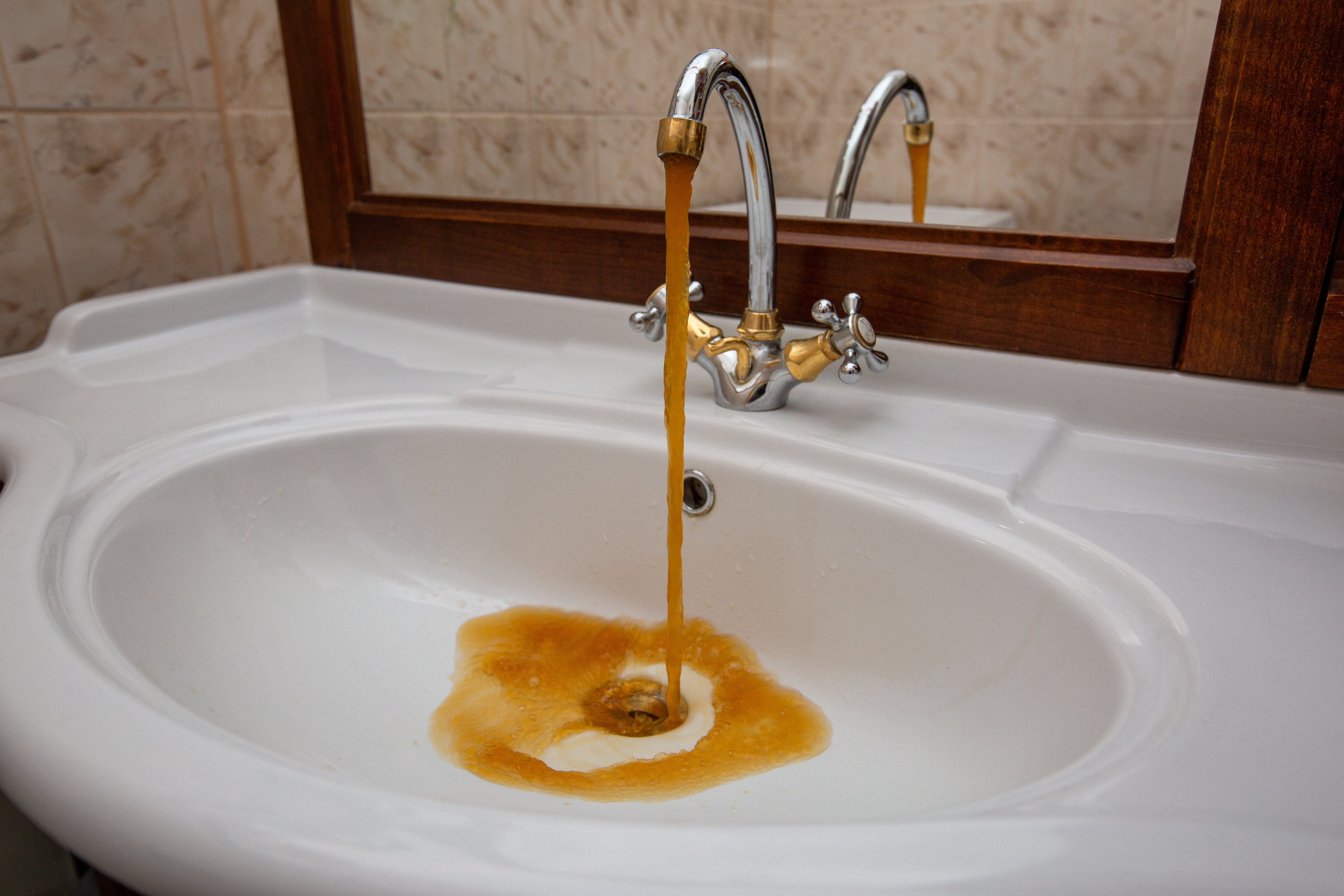
Minerals like iron in your water can cause brownish-orange stains in sinks, toilets, and tubs. If you’re constantly scrubbing reddish rings or spots (or if your water occasionally runs discolored) it’s worth testing for hard water contamination.
8. Higher Utility Bills
Hard water can raise your energy costs. Scale buildup in a water heater creates insulation between the heating element and the water, making it less efficient and slower to heat.
The result? Longer runtimes, wasted energy, and a bigger bill.
How to Know for Sure: Test Your Water
If you're seeing a few of the signs above and wondering how to know you have hard water for certain, the best next step is a water test.
You can:
- Try a DIY test: Fill a clear bottle with tap water and a few drops of liquid soap. Shake it up. If it doesn’t produce a nice lather or looks cloudy, you likely have hard water.
- Request a free water quality assessment: At NuvoH2O, we offer a free professional test to help you understand exactly what’s in your water and what you can do about it.
Why It Matters to Fix Hard Water Early
Living with hard water might seem manageable in the short term, but the long-term effects of hard water can become expensive and frustrating.
- Clogged pipes
- Ruined appliances
- Skin and hair irritation
- High utility costs
- Constant cleaning and scrubbing
The good news? You don’t have to live with it.
How to Fix Hard Water in Your House
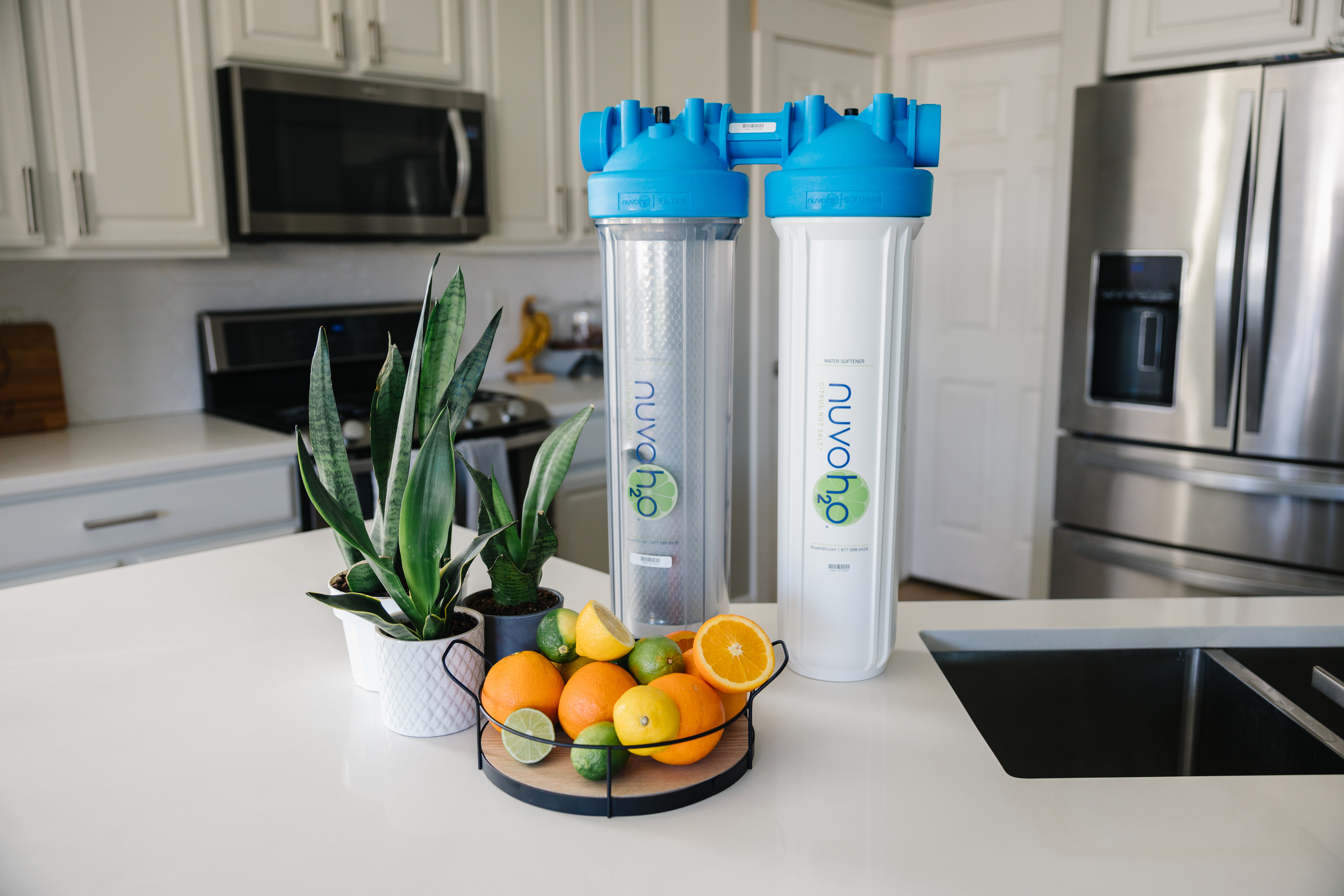
If you’ve spotted the signs, such as chalky buildup, dry skin, and dull laundry, you’re probably wondering what you can actually do about hard water. The good news? When it comes to how to get rid of hard water, you’ve got options.
- Start with a water test. Before anything else, it’s smart to find out what’s really in your water. You can pick up a DIY test kit or request a free water quality assessment from NuvoH2O to get a clear picture of your home’s water makeup.
- Try some quick fixes. For smaller or more localized problems, there are point-of-use filters you can install on your showerheads or faucets. You can also look into detergents and soaps formulated for hard water; these can help with spotting, residue, and even hair and skin issues.
- Address the root of the problem. If hard water is affecting your whole home, it might be time for a bigger solution. Whole-house water softeners or filtration systems are designed to prevent scale at the source, protecting your plumbing, appliances, and everything in between.
Systems like NuvoH2O’s Whole Home Trio combine softening and multi-stage filtration in one setup, offering broad protection without the hassle of salt or electricity.
Whether you’re easing into a solution or ready for a full upgrade, taking steps to manage hard water now can save you time, money, and frustration down the road.
Know the Signs, Take Action
Hard water issues start small, but left unchecked, they can cause significant damage to your home, compromise your comfort, and increase your expenses. If you’re noticing any of the symptoms above, now’s the time to take a closer look at your water.

